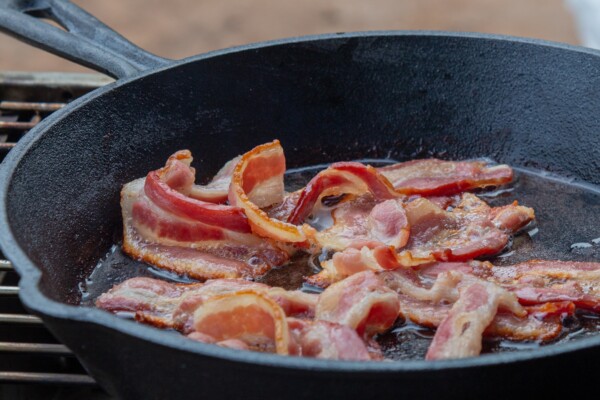
Student preparing for exam holding an energy drink (© Antonioguillem - stock.adobe.com)
Do you constantly feel tired or lethargic throughout the day? Do you ever just feel like your energy levels are unstable and all over the place? There are a number of factors that can cause these issues, but diet is often overlooked. In fact, a lot of foods we associate with “better energy” may actually do more harm than good in the long run. Here are the two most common dietary habits that you should consider cutting back on for more stable energy throughout the day.
Consuming too many energy drinks
Red Bull, 5-Hour Energy, and Monster are just some of the popular energy drinks on the market. Energy drinks all have caffeine, but they usually contain other things, like sugar, high doses of B vitamins, and amino acids like taurine. Obviously, they can help you out in the moment if you’re feeling tired, but regularly drinking these beverages can come with risks.
Although there are brands that are sugar-free, many energy drinks are sugar-laden, which will quickly increase blood sugar levels and provide some fast energy before leading to a blood sugar crash that depletes your energy levels again. If you drink energy drinks, try to find one without added sugar.
Additionally, you should be mindful of caffeine intake. Energy drinks typically only provide around 80-85 mg of caffeine per eight ounces (1 cup). This is close to a standard cup of coffee. The issue is that many drinks on the market come in containers that are twice this size. If you drink several of these each day, you can definitely consume excessive amounts of caffeine.
Reaching for sweets
Choosing Oreos, a donut, or candy as your midday pick-me-up will probably only work for about an hour or two. These foods are carbohydrate-rich and send your blood sugar levels up really quickly. Your levels will see a fast rise and a faster fall. Blood sugar imbalances are the leading dietary cause of unstable energy levels, so opting for high-sugar treats that promote it isn’t ideal.
A snack like fruit or yogurt would be a better choice for protein and fiber. All fruit contains fiber to help slow down digestion of the sugars in the fruit, and yogurt will provide protein and possibly healthy fats, depending on the type you buy. The same idea goes for limiting fruit snacks, pretzels, crackers, and chips because of their high carb count. Eating more balanced snacks and meals, in general, can not only improve energy levels but also keep you fuller for longer.

Bottom Line
Diet isn’t the only reason for poor energy levels. Stress, sleep, and other factors either play a role or could be the main reason for unsteady energy levels. However, diet may be worth taking a look at if you find yourself eating lots of ultra-processed foods or relying a bit too much on energy drinks. Both habits might work temporarily, but they don’t actually improve energy at all. They just work as quick fixes, and if you include these drinks or foods in your everyday diet, be sure to do so responsibly so you don’t feel as sluggish all the time.










